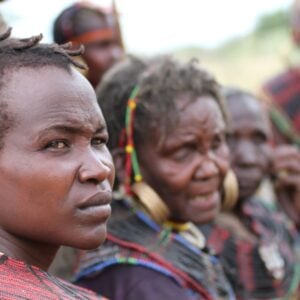The Food and Agriculture Organization of the United Nations (FAO) held the closing ceremony of the Colombia–Africa Coffee Value Chain Technical Cooperation Programme (TCP) at its Regional Office for Africa in Accra. The event marked the conclusion of reciprocal study visits between Colombia, Ghana, Kenya, and Ethiopia, aimed at fostering South–South technical cooperation and enhancing coffee value chains across Africa. The ceremony brought together senior government officials, coffee authorities, farmer organizations, research institutions, and private sector representatives to reflect on lessons learned, review a draft regional project, and discuss strategies for resource mobilization.
In June 2025, delegations from Ghana, Kenya, and Ethiopia visited Colombia to explore the country’s integrated coffee sector, including farm-level practices, research at the National Coffee Research Center (Cenicafé), cooperative governance, quality assurance, and marketing strategies. Between 29 September and 9 October, Colombian delegates conducted return visits to the three African countries, meeting farmers, processors, and institutions to identify opportunities and challenges. These exchanges provided a comprehensive understanding of the coffee value chain and informed the development of a draft regional project designed to adapt Colombian experiences on certification systems, traceability tools, and specialty coffee markets to African contexts, while aligning with national priorities and FAO Country Programming Frameworks.
The initiative is particularly timely as African coffee exporters prepare to comply with the European Union Deforestation Regulation (EUDR). Lessons from Colombia on sustainability and traceability systems are expected to help African producers remain competitive in global markets. The project also supports continental priorities, including the African Union’s Coffee Strategy (2021–2030), the CAADP agenda, and objectives under the African Continental Free Trade Area (AfCFTA).
Next steps agreed upon at the closing ceremony include finalizing and endorsing the draft regional project, strengthening government ownership and stakeholder alignment, mobilizing resources with support from FAO, development banks, and private investors, and scaling up knowledge-sharing platforms for sustainable and inclusive coffee value chains. FAO reaffirmed its commitment to supporting this new phase of cooperation to ensure that African coffee farmers and cooperatives capture more value from their work.







